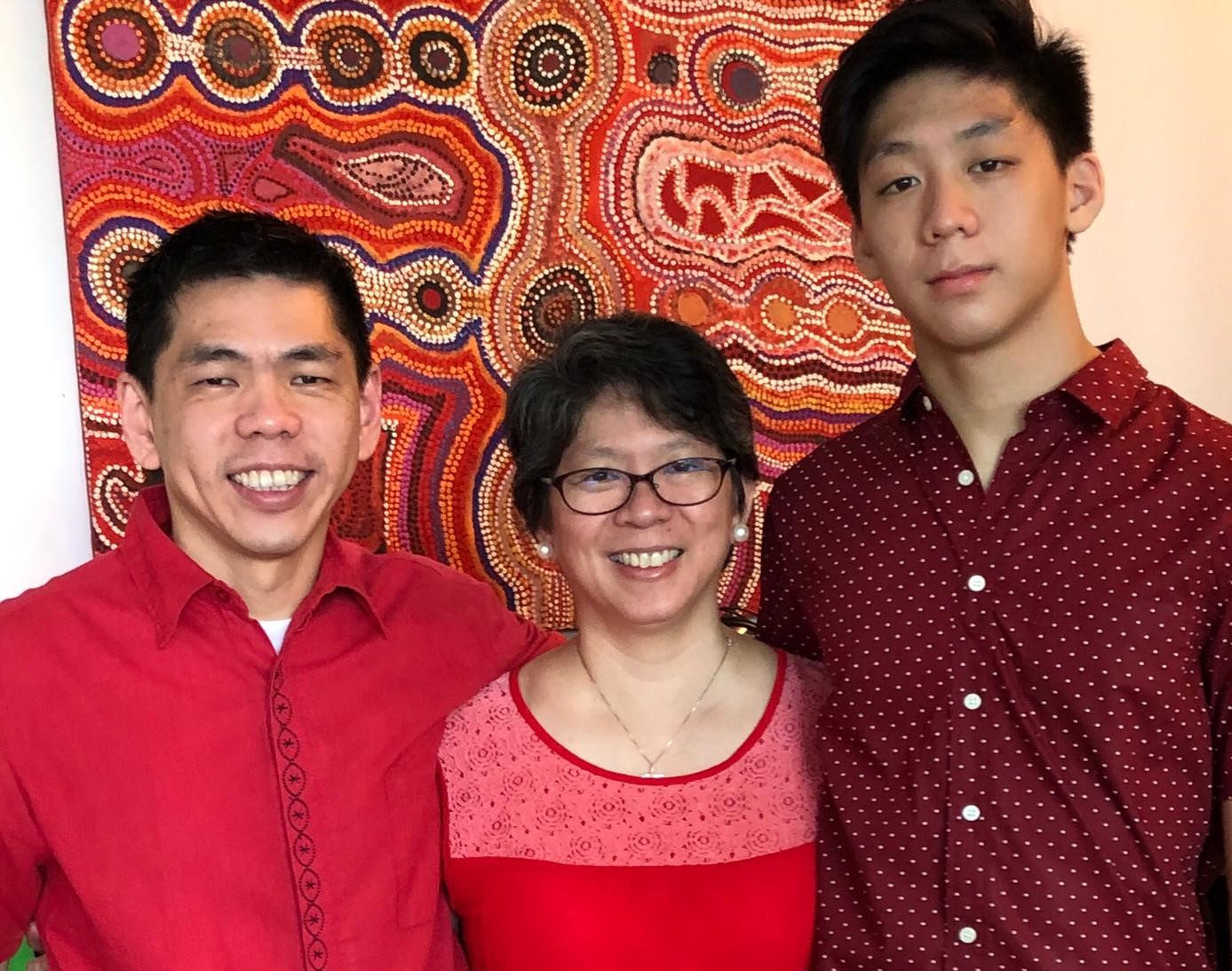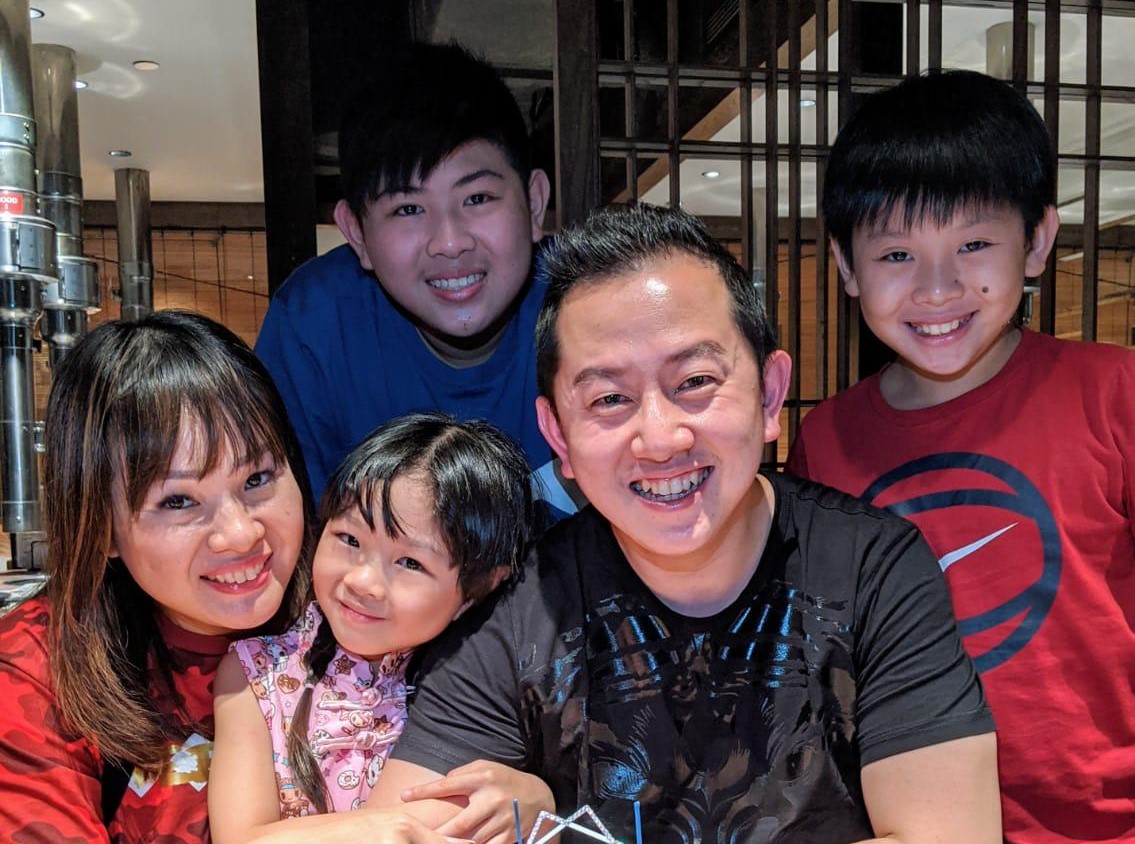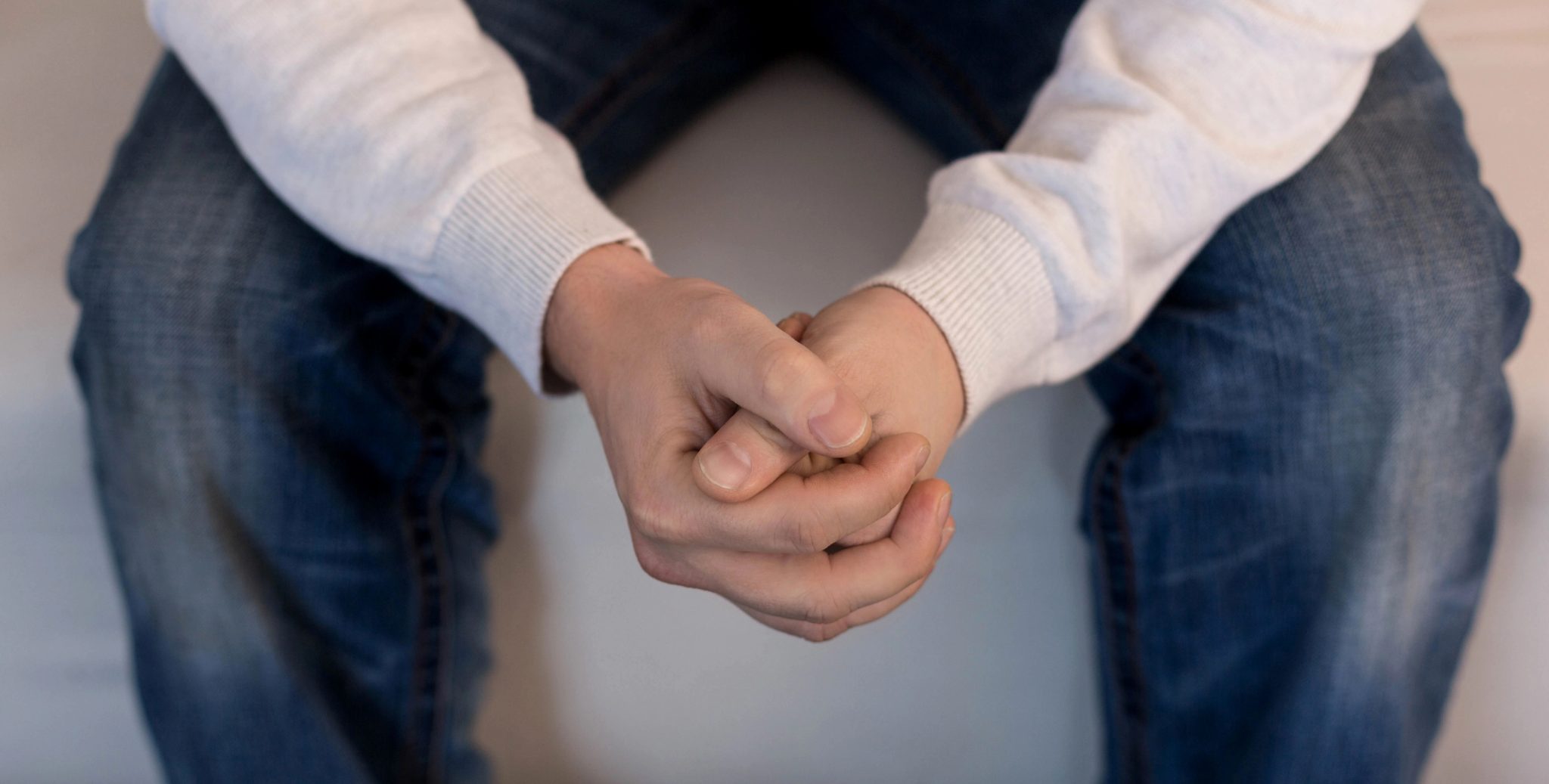“Hear me out”: Teens tell parents this and other secrets to getting them to open up
Christine Leow // June 2, 2020, 6:10 pm

Prolonged isolation at home and the inability to enjoy their regular activities have made it harder for youths to cope during the COVID-19 pandemic. Photo by Dương Nhân from Pexels.
When he was a child, Jacob* (not his real name) was especially close to his mother. They would go for evening walks together and talk about their day. When he was down, she was his confidant.
Now, at 15, he is sullen and unapproachable. Every effort at conversation is rebuffed. He spends all day in his room. No one is allowed in.
“Sometimes we just want to rant.”
His parents cannot understand the change.
“Adolescence is a stage of life when they are trying to find their identity, who they are,” explains Pamela Koh, Lead Counsellor at Cru Singapore, adding that this pulling away from parents is a natural part of their development.
“It might appear rebellious, more defiant and withdrawn from the parents’ perspective. But this testing of boundaries is part of them trying to find their identity.
“They also look more to their peers. Trying to fit in is a big part of being a teen.”
Circuit Breaker woes
These teenage struggles, painful even in the best of times, have become augmented during the COVID-19 pandemic and the resulting Circuit Breaker.
Prolonged isolation at home and the inability to carry on their regular activities have created added challenges for youths, reported The Straits Times. Those who suffer from mental health issues or have poor relationships with their families tend to be more affected. Calls to helplines from youths have also increased.
Teenagers may be more extreme in the way they see and respond to things.
“They are at that stage of development where friends are important. But now they can’t go out and hang out with them,” said Koh.
“Activities are restricted as well. In the past, they could maybe play basketball to relieve stress. Now they’re stuck at home.
“If they have not learnt healthy or alternative ways of managing emotions at home, they will find it harder when they have to stay home, and they’ll get more easily frustrated.”
Because of their lack of maturity, teenagers may be more extreme in the way they see and respond to things as well, Koh added.
A paradigm shift
To ease their transition from childhood to adolescence, Koh said: “Parents need to shift their style of parenting.
“Teens don’t want to be told what to do. They have access to knowledge. They can Google.
“They want to be heard. They want dialogue and communication.”
But the near universal complaint among parents has been: “But I tried, and my teen still won’t open up.”
To find out how to reach youths, Salt&Light asked Christian teens: How would you like your parents to talk to you so you will open up to them?
1. Listen to me, really listen
Being heard is big on youths’ list. That means listening first without comments, judgement or even advice.
Chantal Aw, 18, who confides in her mother about everything said: “I like to spend time with my mother because she’s very open to our thoughts.

Chantal (extreme right) with her parents and older brothers after an Escape Room success. Photo courtesy of the Aw family.
“She understands how we think. She listens to our points and our problems.”
Added Dylan* (not his real name) whose mother has been stationed in Australia for work over the last three years: “My mother always listens. We connect really well.”
The 17-year-old readily turns to his mother for help because “she is not judgy”.
The family meet via video conferencing every week for devotions.
2. Hear me out first, don’t judge me yet
Not surprisingly, being judged is a deal-breaker for youths when it comes to deciding whether or not to be forthcoming.
“Talk to us as friends so that we can be more open about things,” said Emma Chee, 14.

Emma (second from right) with her family on a holiday to Osaka, Japan. Photo courtesy of the Chee family.
“A lot of teens don’t dare to talk to their parents about personal things because they will judge and turn it into a long lecture. It makes a lot of teens feel very uncomfortable.”
Said Chantal: “Sometimes we just want to rant.
“Parents should listen without giving should and should nots. Be a friend first before you are the parent.”
3. When I ask for help, tell me something I don’t already know
This does not mean that parents must remain merely silent witnesses to their children’s lives.
“I once read that parents can ask their children to choose one of three options: One, do you want me to listen?’ Two, do you want me to give advice”; or Three, do you want me to do something?” said Chantal.
“I found that to be a very good method because sometimes I want advice but sometimes I just want to be listened to.”
“She gives me perspectives that I have not thought of and that none of my friends will think of.”
She regularly turns to her parents for advice because she has come to realise that “they give us wise and mature advice”.
“My mum will help me understand things from different points of view and she gives me perspectives that I have not thought of and that none of my friends will think of.”
Rowyn Ngoo, 14, has had a similar experience. She was not allowed to have a mobile phone till she was in secondary school. Many of her peers got their own mobile phones when they were 10.
“I did wonder why my friends could own handphones but my parents didn’t allow me such privileges.
“Then, I noticed my friends constantly checking their phones, not paying attention, not listening to me when I talk to them.
“After that, I began to understand why my parents didn’t let me have a phone at such a young age.”
From that incident, Rowyn became “more open-minded about their dos and don’ts”.
4. Talk disagreements through
Matteo Pang, 18, considers himself blessed because he cannot remember ever having shouting matches with his parents. “It’s not in my character and my parents also set an example,” he said.

Matteo appreciates that his parents are willing to talk things through with him when they disagree, and allow him to express his views. Photo courtesy of the Pang family.
That is not to say that they never disagree. When he was 14, he was quite enamoured with a form of martial arts.
“My parents were quite against it. They wanted me to focus on my studies instead,” said Matteo.
“I did feel angry but I tried not to dwell on it.”
So he buckled down to show his parents he could manage his studies.
He took the time to explain that even fictional material can have an impact on thoughts and values.
“When they saw the good results I produced, they told me: ‘If you can maintain those results, you can pursue your passion.’”
He kept to his word and his parents kept to theirs.
Rowyn’s parents take the same approach with her, talking through their points of view.
“There was this anime which was quite popular among my friends. They kept asking me to watch it.”
Unsure if her parents would approve, she got them to watch the programme with her.
“After watching it, my father told me that it wasn’t a healthy programme. I was quite disappointed.
“I thought it was okay because this was all fiction.”
He took the time to explain that even fictional material can have an impact on thoughts and values.
“I hadn’t thought about it that way till he pointed out that it would be more dangerous precisely because it was fictional and we would let our guard down.”
5. Trust me, then set me free … a little
Freedom and trust are highly valued by the teens.
“My parents give us quite a bit of freedom, but they will remind us of the boundaries. Like my father always tells me not to do stupid stuff.
“The more you spend time together, the more you will talk.
“But they need to trust us,” said Emma.
Added Dylan: “My parents are very flexible. As long as I tell them in advance when I am coming home, they are alright with it. I don’t have a curfew.”
Perhaps because they have been given room to exercise their independence, neither teen has felt the need to lie or break the rules.
6. Work on the relationship, I’ll notice
All this, of course, must rest on the bedrock of a strong relationship.
“Parents should frequently talk to us about our lives so we can get closer to them,” said Caden Lim, 15.
“If you are rarely talking to your children, they won’t share stuff with you.”

Caden (second from left) and family also bond over movies and Nintendo Switch games. Photo courtesy of the Lim family.
Chantal agrees. Her family are Escape Room veterans and they work out together as well.
“The more you spend time together, the more you will talk.
“If you are rarely talking to your children, they won’t share stuff with you.”
“I can also see how much effort my father puts in to spend time with my brothers. He will go on drives with them and he helps my brother out in his logistics business when he knows he’s tired.”
Long drives also drew Dylan and his father closer.
“I know how hard it is to wake up early, so I appreciate that he drove me to school every day when I was in secondary school,” he said. Dylan also appreciates that his mum cooks and cleans for the family when she is back in Singapore.
“When you are closer, you end up confiding in them more.”
Emma’s father took an interest in K-pop for her sake. She is an avid Got7 fan.
“I appreciate it because other parents tend to disapprove because the merchandise can be quite expensive. Now my father is a fan of Twice.”
“We are created to create, not just consume”: Help your teens enjoy the real as much as the virtual
We are an independent, non-profit organisation that relies on the generosity of our readers, such as yourself, to continue serving the kingdom. Every dollar donated goes directly back into our editorial coverage.
Would you consider partnering with us in our kingdom work by supporting us financially, either as a one-off donation, or a recurring pledge?
Support Salt&Light



